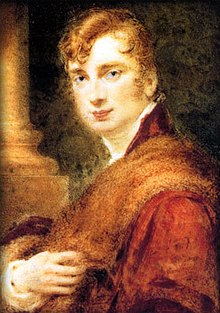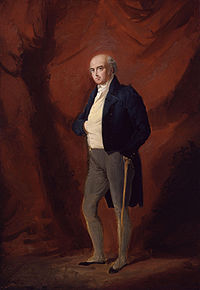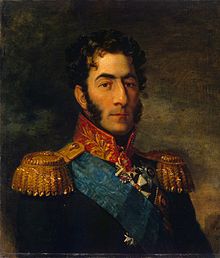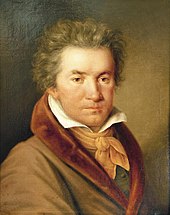On September 30, 1812, John Quincy Adams writes a long entry that contains information about the desperate war between Russia and France. Adams writes:
I had some further conversation with Mr. Laval. He says there are dreadful accounts of the burning of Moscow since the French entered it. There were two attempts made to burn the houses next to that in which he (Napoleon) had taken his quarters, in consequence of which his troops set fire to the city in many places at once, and it is feared that the whole city may be destroyed. The Emperor Alexander, since the loss of Moscow, has said publicly at his own table, "II n'y a qu'un coquin qui puisse prononcer actuellement le mot de paix." His spirit stiffens with adversity. The situation of the French army in the midst of their triumphs is considered as absolutely desperate; it is supposed that Napoleon wishes to negotiate, and this is the strongest reason for the determination not to negotiate here. But the Emperor Alexander is not satisfied with the conduct of his Generals, nor pleased that he made Koutouzof a Field Marshal and gave him one hundred thousand rubles for a victory the immediate result of which was the loss of Moscow.... The time of real danger to the invader is now but just commencing, and it is a species of warfare to which Napoleon is not accustomed, and for which he may not be prepared. If, however, the system is good for the old Russian provinces, it is far more questionable for the recovery of Courland and of Poland".
The complete entry is reproduced below.


























